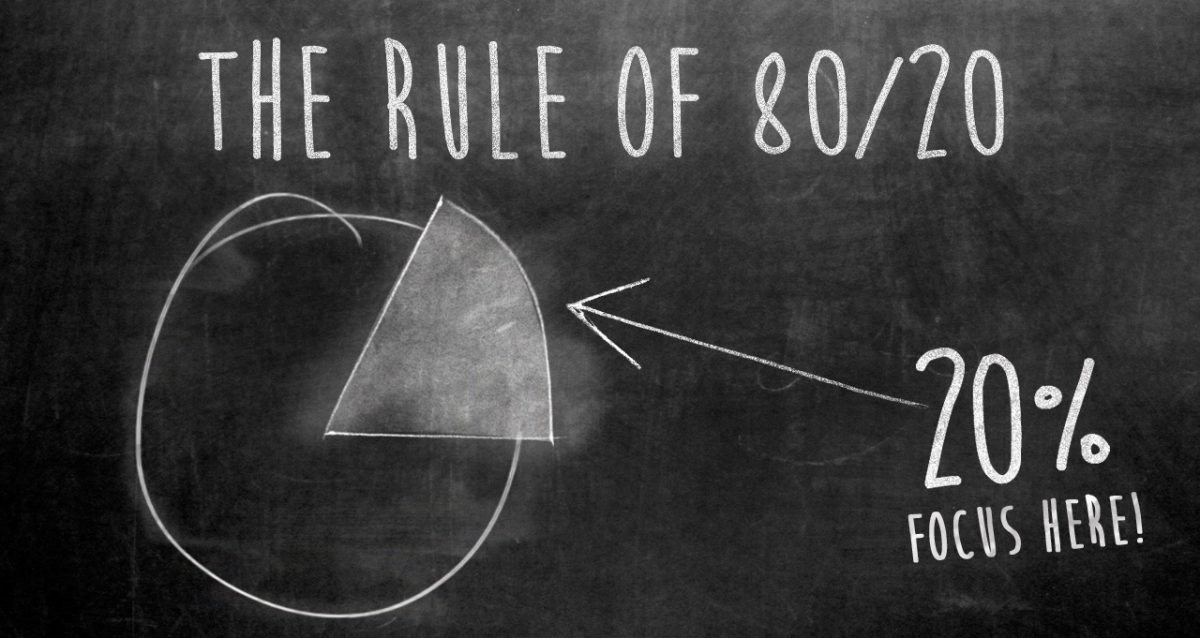In our last post (link), we had created our own financial plan which gave us a glimpse of the future expenses needed for our goals. Now the next step is to figure out an investment plan that will help us accumulate enough money for our goals.
Planning for short term goals where time frame is less than 5 years
For all short term goals (less than 5 years), the priority will be to ensure the safety of capital, keep it less volatile and earn reasonable returns which are slightly above inflation (in India the historical average is around 7-8%)
Given this order of priority and the unavailability of a longer time period for investing, we would primarily be using Fixed Income Mutual Funds or Fixed Deposits for planning our short term goals.
I personally prefer Fixed Income mutual funds (also called as Debt mutual funds) over Fixed Deposits.
I have explained my rationale in detail in these posts
For those who don’t have the time, here is the quick takeaway
- For periods above 3 years, choose Debt Mutual Funds. They have an inherent advantage over Fixed Deposits because of the difference in taxation.
- In most cases, the tax on fixed deposit interest rates has to be declared and paid on an accrual basis i.e every year and not on the fixed deposit maturing date. This impacts the compounding effect in a fixed deposit as intermittent taxes reduce the amount in play. In this case, Debt funds have an advantage as they get taxed only at the time they are sold and hence the entire amount is available for compounding throughout the tenure.
- But there is also an option to pay fixed deposit taxes during maturity if it’s a cumulative FD (i.e interest is reinvested with principal amount and compounded as per the time period mentioned). In this case both fixed deposit and debt mutual funds have the same advantage of having the entire capital in play and can enjoy the full benefits of compounding. Read this for better understanding Link
- Debt mutual funds can be sold any day you want (exit load period depending on the category generally varies from 0 days to 1 year) unlike an FD where the bank may have some penalty charges if you close the FD before the maturity date
- For periods below 3 years, there is no major difference between an F.D and debt mutual fund as the capital gains are similar and in both the cases are taxed as per our income tax slab. While you are free to choose either an FD or Debt mutual fund for investment time horizon less than 3 years, I would still prefer debt mutual funds given the flexibility to exit without penalty. (Some funds may have exit load period i.e a period before which if you exit you have to pay a % charge (goes up to 3%) which is called exit load. But liquid and ultra short term category generally have nil exit load period and charges)
Just in case you are still not convinced, try this Fixed Deposit vs Debt Mutual fund calculator to see how much money you can save.
Fixed Deposit vs Debt Mutual fund calculator*
Download link: FD vs Debt MF Calculator
*Remember this calculator is relevant only for periods above 3 years.
Sample this, for a Rs 10 lakh investment for 3 years at 8% interest rate, you end up saving a whopping Rs 70,384 if invested in debt mutual fund instead of an FD!!!

Ok, debt mutual funds do make some sense. But hold on. Debt mutual funds seem to be damn complicated. There are several categories (like short term, income, ultra short term liquid etc), different risks (interest rates risk, credit risk etc), some weird terminologies like duration, YTM, credit rating etc and add to it 1000 plus funds. How in the world do I make sense of all this and select the right fund ??
I don’t blame you. Despite me being in the industry, even I took a long time to understand debt mutual funds. No wonder most of us end up investing in our “simple yet extremely inefficient” fixed deposits.
Not to worry. In our next post we will demystify the world of debt mutual funds, figure out how to pick the right fund and also look at how to use debt funds for our investments.


Can you explain the tax calculation for Debt Mutual fund in the example quoted?
LikeLike
For periods less than 3 years, the additional amount you have earned (final amount – initial amount) will be subject to 10.3% or 20.6% or 30.9% based on your tax slab. For periods above 3 years, you get to pay 20.6% tax on the returns over and above inflation that you have generated (i.e 20.6% tax on (Final Value – initial amount *(1+inflation rate)^3)). You can get the inflation rate by googling for cost of inflation index. You can find the index here http://www.bemoneyaware.com/blog/useful-info/cost-inflation-index-table/
LikeLike